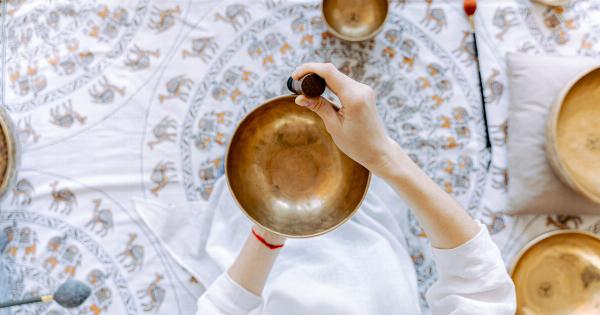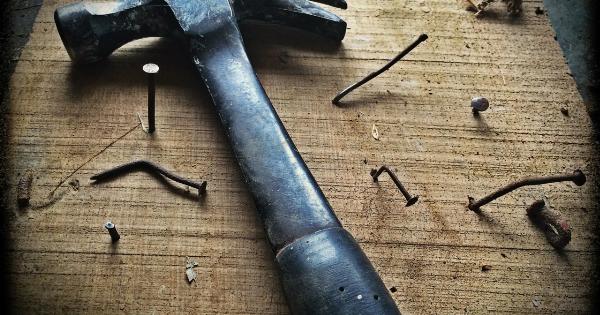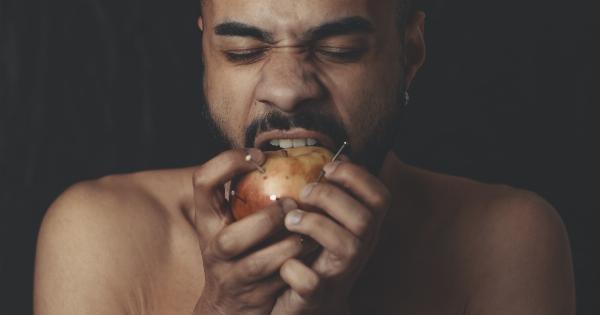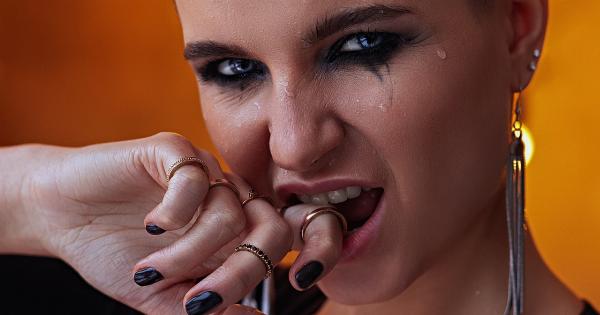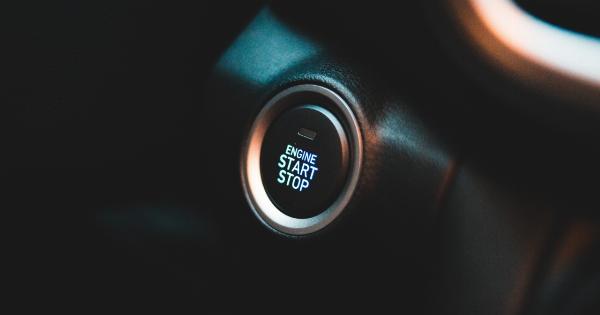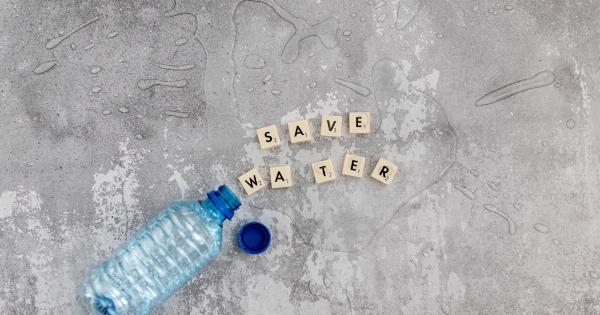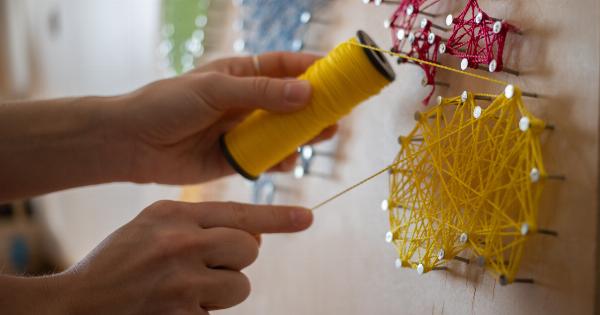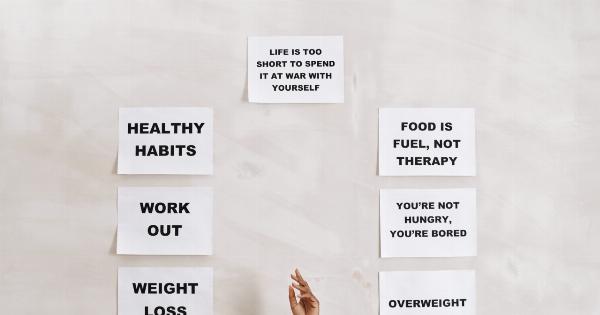Nail-biting, medically known as onychophagia, is a common habit that many people indulge in. Nail-biting is often seen as a nervous habit that people develop when they feel anxious, restless, bored, or stressed.
Although some people do it unconsciously, others do it reflexively or intentionally, and can’t stop, even when they want to.
But, have you ever wondered what nail-biting really says about you? Read on to discover what nail-biting habits reveal about your personality and behavior:.
What Does Nail-biting Indicate?
Although nail-biting is often seen as a nervous habit, it can tell more about an individual’s personality and their attitudes than anxiety. Below are some interpretations of what nail-biting can indicate:.
Nail-biting as a Sign of Perfectionism
People who tend to bite their nails consciously or subconsciously are often associated with being perfectionists. These people are often very meticulous about details and want everything to be perfect.
Nail-biting is an indication that they feel restless when they can’t control everything. This perfectionism may lead to procrastination, constantly criticizing themselves, and even unhealthy stress levels.
Nail-biting and Stress
Nail-biting is a common habit that many people indulge in when feeling anxious, stressed, bored, or overwhelmed. This behavior is often a type of self-soothing mechanism.
However, nail-biting can exacerbate stress levels and lead to further stress and anxiety in the long run.
Nail-biting as a Sign of Boredom
Some individuals tend to bite their nails when they feel bored or unoccupied. This kind of nail-biting habit could be a sign of lack of stimulation or a need for constant change.
These individuals often prefer jobs or activities that are dynamic and varied to keep them entertained and engaged.
Nail-biting as a Sign of Being a Rule-follower or a Rebel
Nail-biting tendencies can also indicate an individual’s level of conformity or rebellion. A person who bites their nails strictly adheres to the rules and tends to be a follower rather than a leader.
On the other hand, a person who bites their nails as a form of rebellion and often does it at inappropriate times such as work meetings, social gatherings, or formal events.
Nail-biting as a Sign of Low Self-esteem
People who bite their nails habitually may lack confidence and have low self-esteem. They may feel inadequate and insecure and resort to nail-biting as a way to release their inner anxiety and stress.
This habit can be a vicious cycle, where they feel ashamed of their nail-biting behavior, which further lowers their confidence levels.
Nail-biting and Oral Fixation
The nail-biting habit can also be an indication of an oral fixation. An individual may have the habits of chewing on pens or other objects, smoking, or overeating candy.
People with an oral fixation are often stimulated through their sense of taste or physical touch. To break this habit, replacing the nail-biting activity with another activity that stimulates the same satisfaction can be helpful.
Nail-biting as a Form of Self-harm
In some cases, nail-biting can be a repetitive behaviour disorder (RBD). This behaviour is characterized by the repeated occurrence of a particular behavior.
It can cause injury to the individual, leading them to develop other problems like infection and even more advanced illnesses. This can also be a sign of deep-seated anxiety, which, when not addressed, could lead to more extreme behaviours like self-harm.
How to Stop Nail-biting?
If you are a nail-biter, you know that stopping this habit is easier said than done. Here are some tips that can help you break the nail-biting habit:.
- Awareness: Paying attention to when and why you tend to bite your nails.
- Alternative Habits: Replacing the nail-biting behaviour with a more healthy alternative, like fidget toys, gum or stress balls.
- Relaxation Techniques: Learning to manage stress through relaxation techniques, such as meditation, yoga or deep breathing exercises.
- Use Nail Polish: Applying a bitter-tasting nail polish, which makes it unpleasant to bite nails.
- Professional Help: Seeking professional help when the nail-biting habit persists and becomes problematic to your physical and emotional well-being.
The Bottom Line
Nail-biting is more than just a nervous habit. It is a manifestation of emotions and attitude towards life.
Although difficult to quit, understanding the underlying cause of nail-biting can help an individual take necessary steps to take charge of their emotional well-being. To be able to control habits, people should pay close attention to their mental health, stress levels and seek professional help if necessary.




